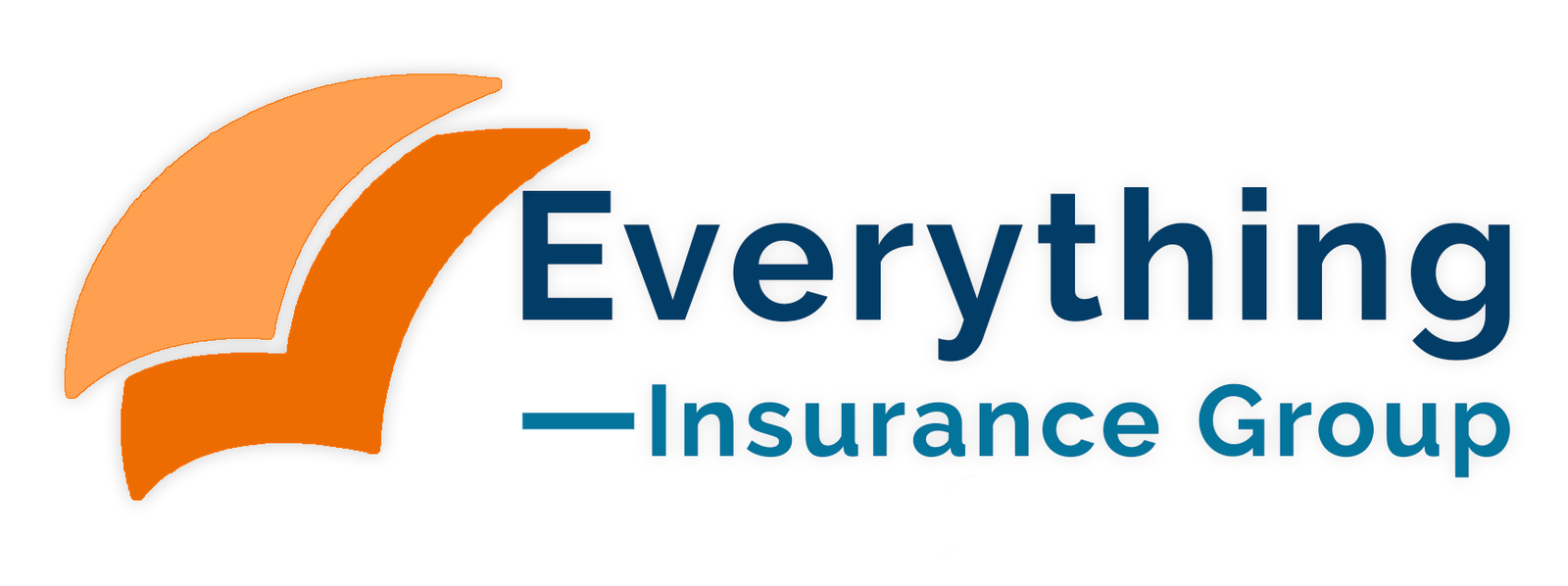
Unlocking the Secrets to Choosing the Perfect Insurance Coverage
How much coverage do you need?
Choosing the right insurance coverage can be overwhelming, but it doesn't have to be. One of the most crucial factors to consider is how much coverage you actually need. To determine this, start by evaluating your assets and liabilities. Take stock of your financial standing, including your income, savings, and investments. Consider your debts, such as mortgages, loans, and credit cards. You should also assess your monthly expenses and future financial goals. Once you have a clear picture of your financial situation, it's time to think about the potential risks you face. Do you own a home? Drive a car? Run a business? Each of these areas presents unique risks that need to be addressed. For example, if you own a home, you'll want to ensure you have adequate coverage for property damage, liability, and personal belongings. If you're a small business owner, you'll need coverage for your business property, liability, and employee health insurance.Balancing coverage and cost
While it's important to get the coverage you need, cost also plays a significant role in choosing the right insurance. After all, you don't want to pay more than necessary for coverage that you may never use. Start by setting a budget for your insurance premiums. Then, shop around and compare quotes from different insurers to find the best value for your money. Remember that cost shouldn't be the sole determining factor; make sure the coverage meets your needs as well. Another way to strike a balance between coverage and cost is by adjusting your deductibles. A deductible is the amount you pay out of pocket before your insurance kicks in. Choosing a higher deductible can lower your premiums but may also increase your financial responsibility in the event of a claim. On the other hand, a lower deductible means higher premiums but less financial burden at the time of a claim.Don't forget these important factors
When selecting insurance coverage, there are a few additional factors to keep in mind. First, consider the reputation and financial stability of the insurance company. You want to ensure that they will be able to fulfill their obligations in the event of a claim. Research the insurer's history, ratings, and customer reviews to get an idea of their track record. Second, think about any additional coverage options that may be beneficial to you. Some policies offer extra features or riders that can provide added protection. Discuss these options with your insurance agent to determine if they are worth the investment. In conclusion, choosing the right insurance coverage doesn't have to be complicated. By considering factors such as your financial standing, potential risks, cost, and additional coverage options, you can make an informed decision that gives you peace of mind. Remember to regularly review your coverage as your circumstances change to ensure you're always adequately protected.All Categories
Recent Posts
EverythingInsGroup
Spring into Action: Review Your Home and Auto Needs This Season
EverythingInsGroup
Protecting Yourself Against Scams: How to Stay Vigilant and Secure
Tags
auto insurance
car insurance
choosing insurance
common mistakes
comparing insurance
coverage reviews
earthquake insurance
filing a claim
home insurance
identity theft
Insurance
insurance claims
insurance coverage
insurance facts
insurance premiums
insurance quotes
insurance services
insurance tips
life insurance
Medicare
Medicare Advantage
Medicare plans
Medicare Supplement
newlyweds
Oklahoma
Oklahoma homeowners
parents
phishing
policyholders
rebranding
retirees
saving money
scams
seismic activity
Technology

